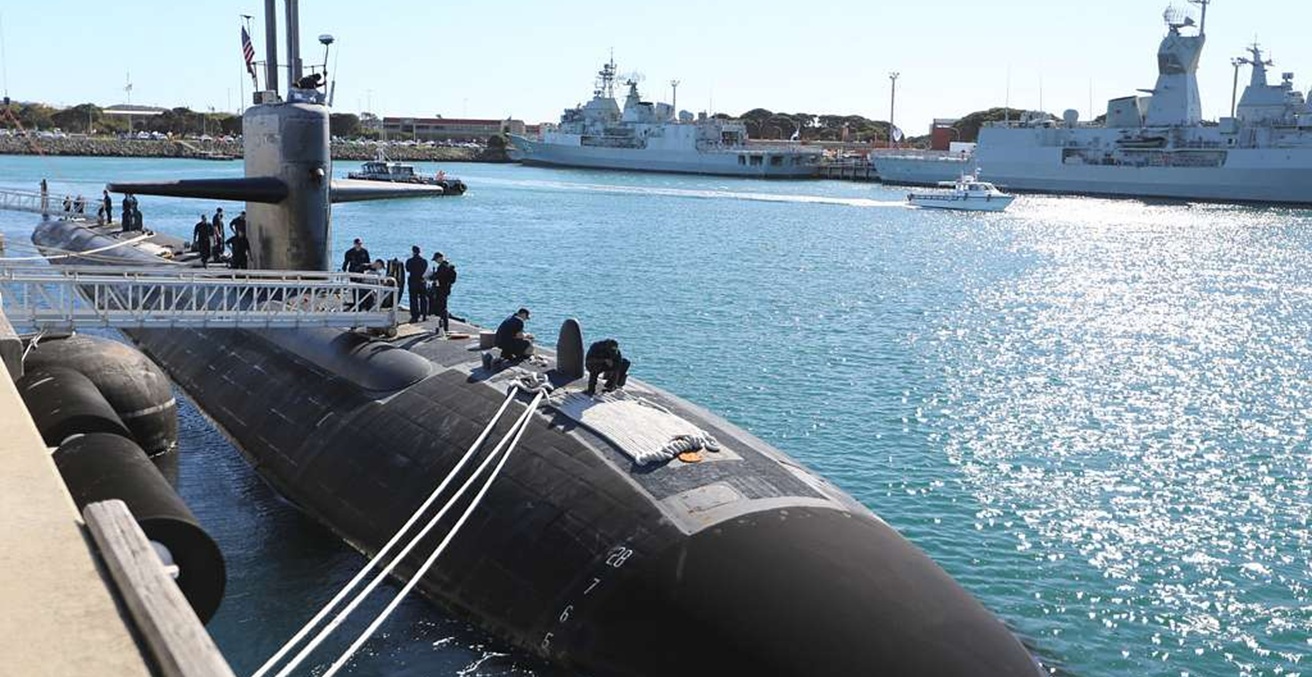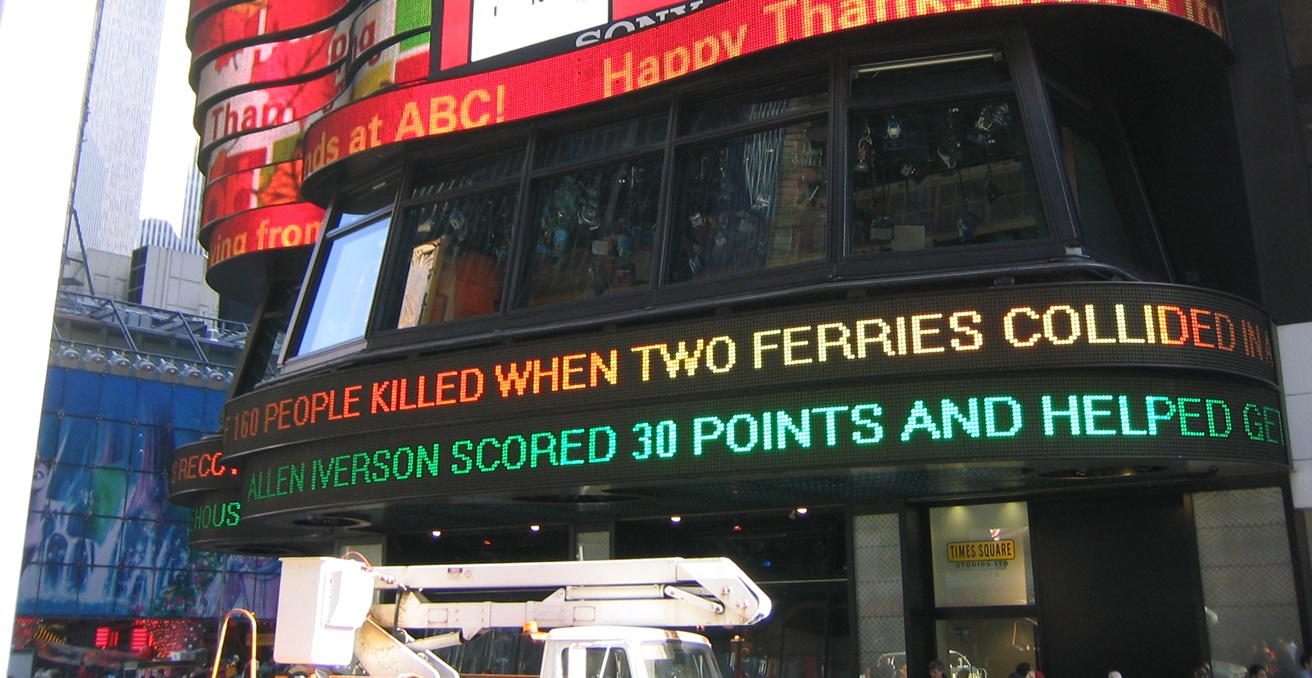Australia faces the new abnormality of a long-term weather system where geoeconomics and “sloppy protectionism” predominates. Navigating the “polycrisis” will require diversification and slightly more than simply hoping Washington will steady the ship of political upheaval.
This is an edited version of the summary delivered at the close of the AIIA’s annual conference in Canberra.
The Institute’s conference does a double duty, offering international perspectives in an Australian frame.
This year, the twin lenses—international and domestic—were the polycrisis perfect storm and, here in Canberra, a Labor government that this month reaches the mid-point of its three-year term.
As is the way of politics, the only direct reference to that mid-point during the conference was by the shadow foreign minister, Simon Birmingham.
The mid-point, after a couple of budgets, is when a new government both finds and defines itself.
Tough times have made this an unusual Labor government. The standard Labor flavour for foreign policy since Whitlam has been democratic socialism with trade union roots, shaped by middle class Oz values, with liberal internationalist preferences. The foreign focus is multilateral and regional, linked to the alliance.
Our tough times means these flavours have been jumbled in the Albanese government. This is a prime minister who is a lion of Labor’s Left. The second most powerful person in the government is a lioness of the Left, a senator from South Australia who is foreign minister and government leader in the senate. But this is, most decidedly, not a government of the Left.
Penny Wong’s defining foreign policy speech was given next door to this pub, at the National Press Club, in April. It was a deeply realist number about unchecked strategic competition and how to avert war. It’s title, and its aim, was how to reach and maintain a “regional balance of power.”
When you read that speech by the foreign minister on 17 April, you’ll find a person who looms large today, a leader, mentor and friend, the previous president of the AIIA, Allan Gyngell. Allan was Penny Wong’s guest that day, sitting at her table. It was only a fortnight before he died.
Penny started her speech by turning to Allan Gyngell and telling him that he was “the finest mind in Australian foreign policy. And possibly also the smallest ego in Australian foreign policy.”
She is a class act. He was, indeed, a class act.
Looking at a lot of relatively young faces in this room today, who probably never met Allan, I want to point you to parts of his legacy that you can use in the future.
One example is the way the analysts and thinkers shape the language that drives government and policy. Allan was a great champion, in recent years, of the idea of Australian “statecraft,” broadening our understanding and our tools. This government, Penny Wong especially, has grabbed “statecraft.” Thank you, Allan Gyngell.
Yesterday, many of you took part in the workshops at the Coral Bell School at the Australian National University. So, in legacy terms, you’ve been touched by the authors of two of the defining texts on how Australia does grand strategy—Coral Bell’s book “Dependent Ally.” Download “Dependent Ally” from the ANU website. And then buy Allan Gyngell’s “Fear of Abandonment”, which is all about Australia’s capacity to understand the world outside its borders.
We started the day, properly, with the politicians’ speeches.
Now one of the nasty habits you get spending much of your life in the press gallery is to listen for where the pols go cautious or tread lightly.
The cautious tread from our pollies is on the subject of our great and powerful friend, the United States. In a tight presentation, Tim Watts didn’t mention it. Simon Birmingham touched on the need for America’s leadership of the free world. But in the Indo-Pacific he referred to the “forlorn hope’ that the US will step up on any sort of free trade agenda.
Let me give you my version of the quiet Liberal-Labor consensus on the US (not too sophisticated, not too nuanced, yet certainly fervent). The Canberra consensus as we approach next year’s US elections is: Hold our breath, cross our fingers, and pray to the better angels of America’s nature.
When I mentioned that mantra to Professor James Cotton today, he wryly noted that those angels aren’t running for president.
Donald Trump may be more of an effect than a cause but, by God, he’s a helluva symptom.
The question from Professor Bill Maley was spot-on: What would a second Trump presidency mean for AUKUS? Simon Birmingham gave a fine let us pray answer. A prime goal in Washington, he said, will be to maintain bipartisan support for the alliance and AUKUS. We navigated Trump protectionism last time. We’d have to do that navigation again.
Typically, the AIIA’s president, Heather Smith, didn’t tread soft, she went sharp. Heather referenced the Foreign Affairs article by the Washington wise owl, Robert Gates, on the US as a “dysfunctional superpower.” Heather’s prediction is that the US is destined for global retreat and isolationism amid growing doubts about US reliability. No wonder Canberra is praying.
In terms of those prayers, then and now: 30 years ago this week, I was in Seattle reporting the first APEC summit. And the APEC summit happens again at the end of this week in San Francisco. Thirty years ago, China was back in the fold after the Tiananmen massacre, Taiwan and Hong Kong were into APEC as economies, the Cold War safely over, globalisation was the rocket taking off, and Australia had big hopes for “open regionalism” in building the Asia-Pacific. Oh dear, open regionalism…To quote Wordsworth, “Bliss was it in that dawn to be alive.”
APEC this week will demonstrate Heather Smith’s point. The revisionist interpretation of globalisation rules. Now, as Heather noted, we face “sloppy protectionism.” The US and China can do “sledge hammer” industry policy, but Australia can’t afford it. The best we can hope from this APEC summit is that Xi Jinping will sit down with Joe Biden to try to do some basic repair work.
The decoupling and de-risking session of the conference told us that we are in the world of geoeconomics. Governments are much more involved in global trade and investment. We have to develop new partnerships with many countries as a way of building relationships which can mitigate the risk of a global war. Can we create new multilateral rules which create “carve outs” for special domestic measures which can help tackle global emergencies like climate change? Decoupling from China is neither possible, nor desirable, even from a US perspective.
No wonder Heather Smith told us that we live in the “grey zone.”
That shift to grey is one of the harder parts of the way we have moved from the old multi-coloured Asia-Pacific construct to our new Indo-Pacific understanding. Credit Heather, also, with the great popular culture line of the day. In Australia’s conversation on geopolitics, she said, we need “less Barby and more Oppenheimer.” My translation: things ain’t in the pink…we are painting in shades of grey.
As we expect from the AIIA, this day has dissected the perfect storm, and offered plenty of aids to navigation.
The word “polycrisis” in the headline is spot on, because this is the word for our era’s extraordinary crashing together of strife—war, ecological emergency, great power confrontation, and protectionism that hacks at globalisation.
My greybeard observation is that “polycrisis” will have its headline moment, and then fade fairly quickly from usage. Because what we’ve been discussing today is the new abnormal.
And one of the great strengths of our species is the ability to tackle the new and the abnormal. To assess…to assimilate….to act. To put the pieces together so that, however nasty and challenging, it quickly becomes the new normal.
Our reality, the new abnormality, is that the perfect storm is a long-term weather system. And as ever, the Institute steps up to help with the knowing and the navigation, to make sense of the storm.
Graeme Dobell FAIIA, a journalist writing on Australian foreign policy and defence, is a fellow of the AIIA.
This speech is published under a Creative Commons License and may be republished with attribution.




